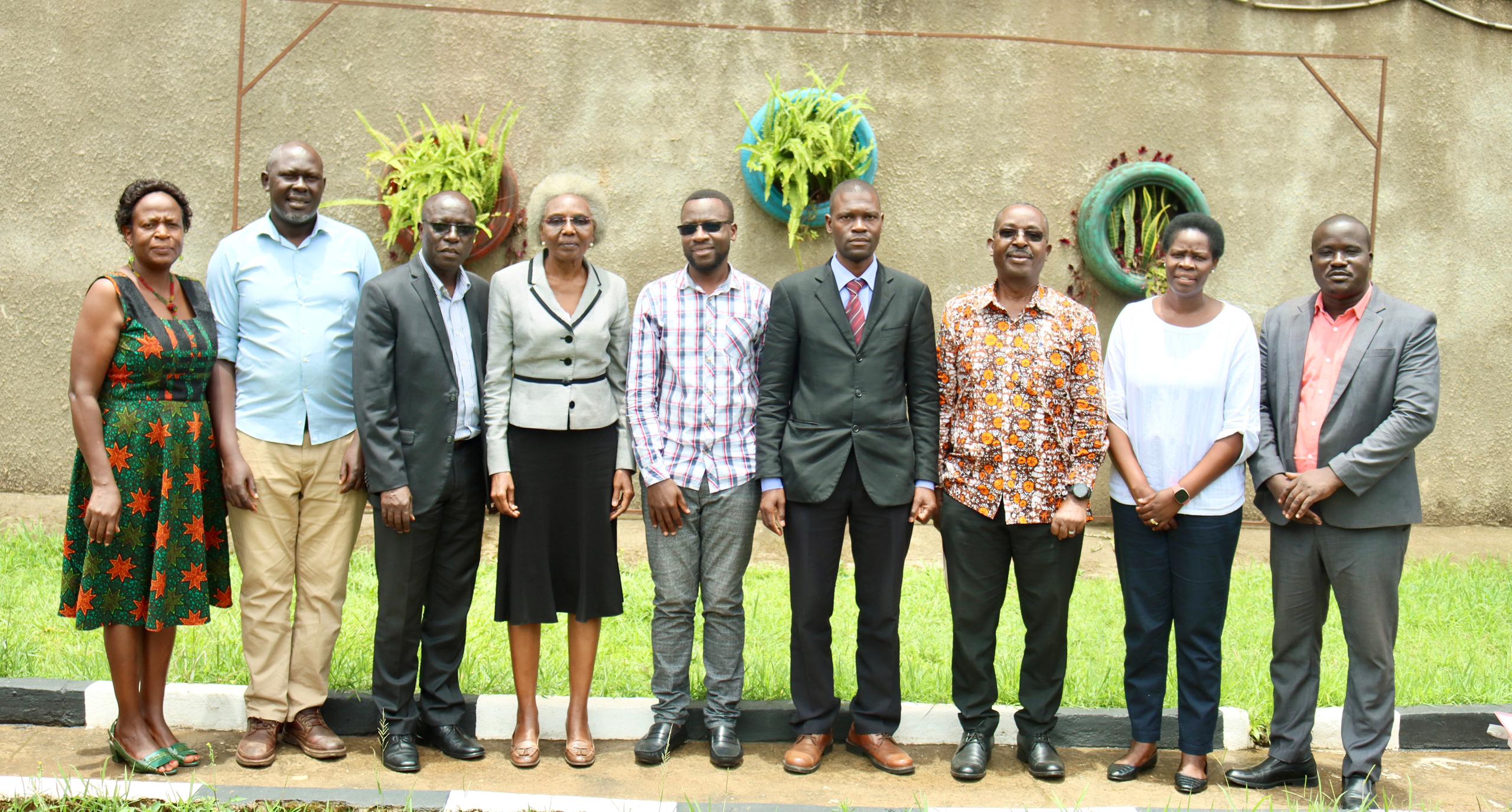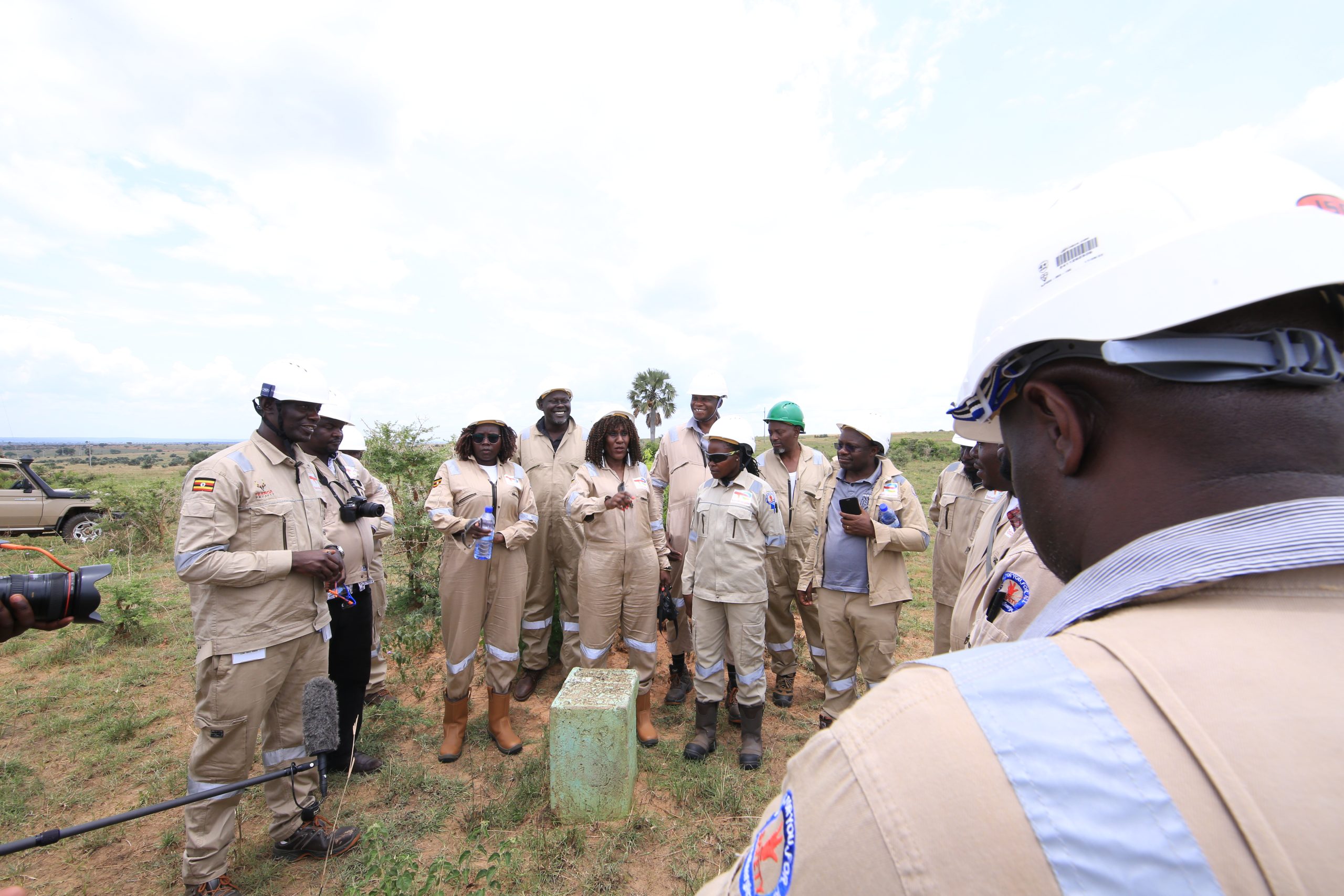Regional Updates – Free and Fair Elections Consultations
Bukedi, Kigezi, Teso and Rwenzori regions gathered citizens in September to consult them on what they desired as standards for Free and Fair Elections. For two days, participants deliberated on 21 Issues that fundamentally make up a trusted election system.
The issues focused on include: Internal democracy of political parties; Representation of special interest groups; Access to media; Powers of appointment to constitutional commissions; Freedom to organize and assemble; Independent candidates; Relationship between citizens and their MPs and political parties; Qualification for a president; Funding of local governments and service delivery; Protection from deprivation of property; Electoral commission; Demarcation of constituencies and the number of members of parliament; Requirements for public servants and serving officers of the security services to retire before being nominated for office; Salaries and remunerations board; Role of military; Getting our votes counted; Nomination fees; Use of public funds; Votes required; Form of government; and Tenure of office of the President.
The following were the major cross cutting recommendations made from Bukedi, Rwenzori, Teso and Kigezi for Uganda to enjoy Free and Fair elections.
It was agreed that Political Parties should have Disciplinary Committee and Political Party activities should be funded by Government and funds accounted for. All four regions called for Political party representation on the Electoral Commission and Vote Counting.
Special Groups were seen as important and should stay in Parliament. However, Rwenzori and Bukedi said the army should not have representation in the House, but if they must it should never vote on Partisan matters.
Access to media was agreed to as a constitutional right. Therefore the regions called for equal and free access to both State and Private owned media. They added that media should account to the Electoral Commission with details on how they covered the electoral process. If any media house denies a candidate airplay or coverage, they should be penalised.
Freedom to organise and assemble is currently unfairly exercised. However, it was emphasised that the enforcement of the Public Order Management Act should be uniform for all persons in Uganda. It was agreed that POMA needs to be repealed and revised on some clauses that are against fundamental human rights.
Qualifications of the President included a uniform age bracket of 35 – 75 years. Additionally, an incumbent should resign once nominated for Presidency. For one to be declared President, they must have 50%+1 of total votes cast. The regions agreed that term limits must be restored to a maximum of two terms per president with a Term going for 5 years only, as the current constitution states.
There was unanimous agreement that public servants and serving officers of security services should retire before being nominated for office and their positions filled. They should not return to office once they lose an election.
The Electoral Commission should run for only one term of 7 years, must have persons of high integrity and with known knowledge of the Constitution and several laws of Uganda. It must have powers over the Police during election period. In addition to the Electoral Commission, the Salaries and remunerations Board must be made up of persons of integrity. The Electoral Commission must avail all voter registers 3-6 months at al village levels. An independent validation committee should be set up for National Voters’ register validation.
Rwenzori and Kigezi suggested UGX 20million for nomination fees, the later suggested UGX 100million while the former suggested UGX 200million as facilitation fees for Presidential candidates. Both regions called upon the Electoral Commission to publish accountability reports for the expenditure of the resources given out for Presidential Campaigns.
Presence of security agencies during elections was not supported since they subconsciously intimidate voters. The Electoral Commission and Police should be able to train community crime prevernters in case Police force is not able to cover the entire country.
Funding the Local Government should come directly from the consolidated fund since most service delivery is executed at Local Government level. However, the regions called for tightening laws against corrupt officials who have been convicted too include confiscation of their property.
There will be updates from Busoga, Bunyoro, Ankole, Buganda, Gulu and the remaining regions.
Don’t miss the National Consultations



